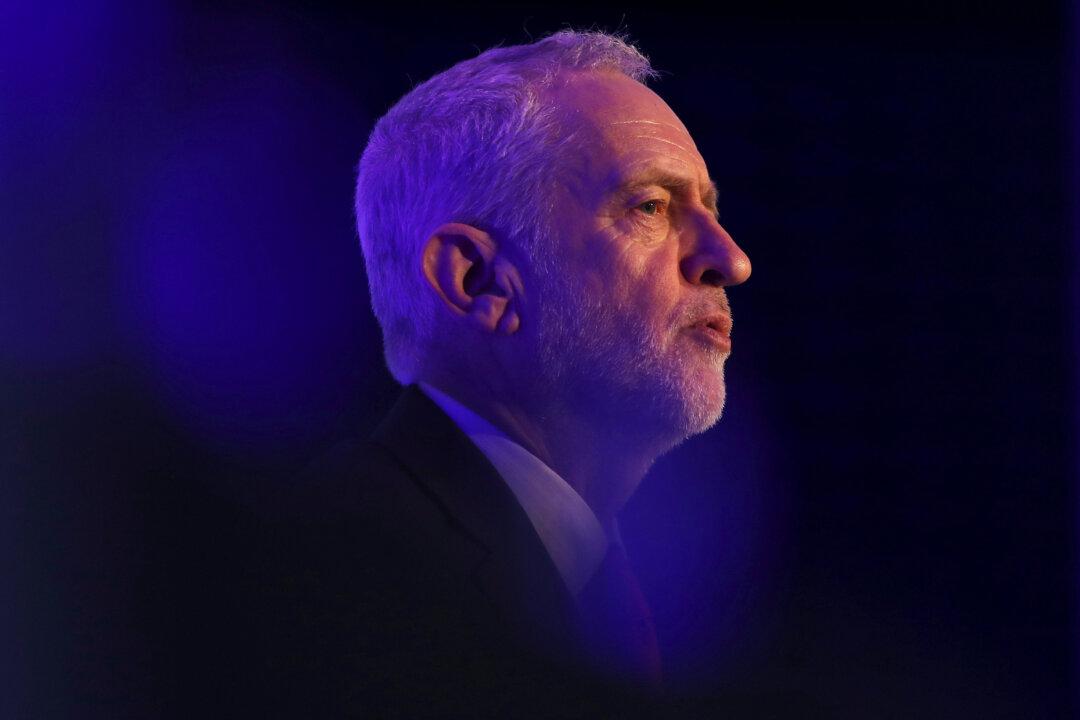By Elizabeth Piper
LONDON–British opposition leader Jeremy Corbyn’s path to the prime minister’s residence at 10 Downing Street is not proving as smooth as the veteran socialist had hoped.

LONDON–British opposition leader Jeremy Corbyn’s path to the prime minister’s residence at 10 Downing Street is not proving as smooth as the veteran socialist had hoped.